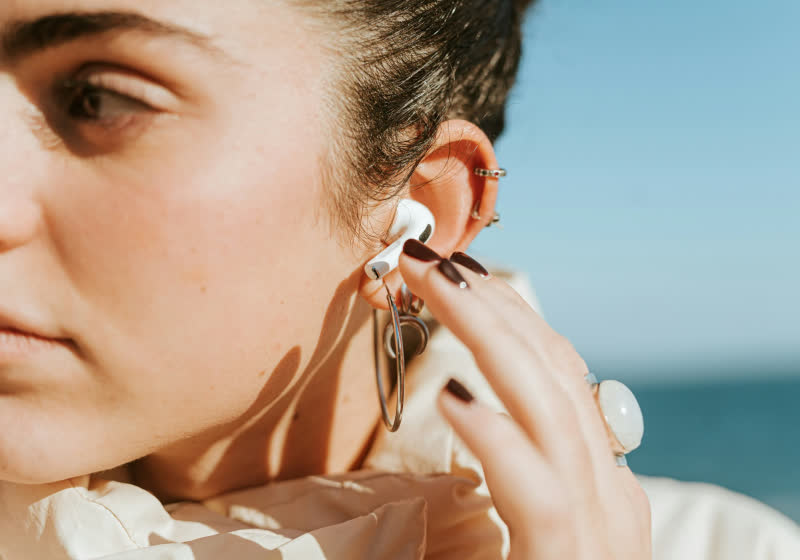Google I/O 2025, like the few years before it, dove deep into AI and the various ways it's being integrated across the Search giant's products and services. Among the recipients is Android XR, Google's extended reality operating system that underpins the emerging product category of headsets and smart glasses.
Also: Here's the Android XR headset that Google and Samsung are releasing in 2025
Android XR was first unveiled last December, but the company mainly covered the general software experience for XR and VR headsets. In fact, Google showcased most of its spatial computing features on a headset it created with Samsung and Qualcomm, codenamed Project Moohan. We're expecting to learn more about that project later this year.
At I/O this week, Google shifted its focus toward Android XR glasses, everyday wearables that can leverage cameras, microphones, and speakers to interpret what you see and assist with Gemini. Many big tech companies, including Meta and Apple, share this same vision of wearables, but Google may have the upper hand.
That's because we've already seen how Gemini works in the multimodal sense, with Gemini Live interacting and communicating with you as if it's looking at the world from your phone camera.
Navigating on Google Maps with Android XR glasses.
With Android XR and a configurable in-lens display, Google demonstrated how users will be able to pull up a directional system when navigating city streets, similar to how HUD screens work on some cars.
You'll also be able to visualize incoming text messages and respond, translate conversations in real time, and capture photos via voice commands, reducing the friction of taking your phone out of your pocket.
Google says its Android XR glasses will work in tandem with your phone, whether tethered to the device or paired wirelessly, to sync contacts, messages, notifications, and more.
Also: Your Android devices are getting several upgrades for free - including a big one for Auto
This integration should significantly reduce the power load and, most importantly, the weight of the glasses, as the bulk of the computing is executed and managed from your phone.
Meta tapped on EssilorLuxottica to release the Ray-Ban smart glasses a few years ago.
To attract a wider audience, Google is partnering with popular eyewear brands like Gentle Monster and Warby Parker to create more stylish smart glasses. That strategy is similar to Meta, which partners with EssilorLuxottica to create and market the Ray-Ban smart glasses.
As for when we can expect Android XR glasses to hit the market, Google says they'll come later this year.
Want more stories about AI? Sign up for Innovation, our weekly newsletter.

 6 months ago
115
6 months ago
115









 English (US) ·
English (US) ·